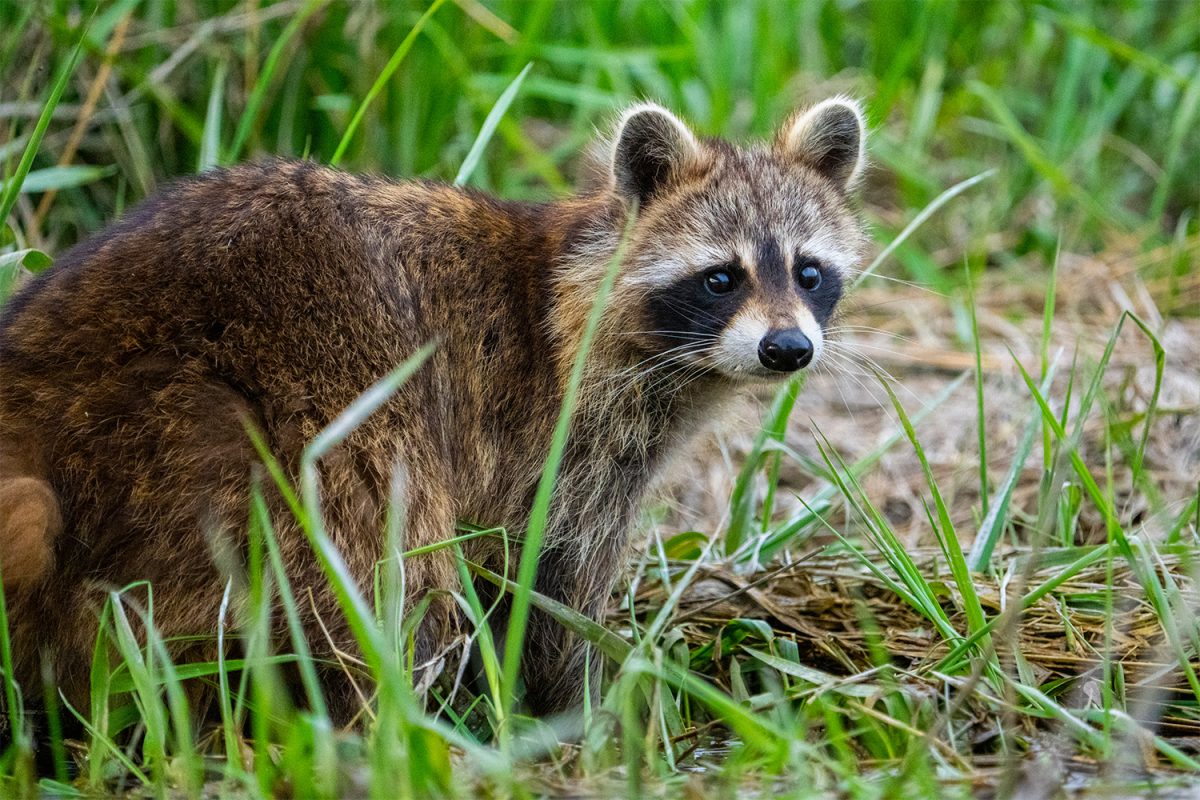Iowa House legislators recently proposed a bill that would use taxpayer dollars to pay Iowans to kill raccoons.
The bill, House Study Bill 636, is intended to help control the raccoon population and the trouble they can cause for farmers and property owners by creating a raccoon bounty program.
If this bill becomes law, however, it will only hurt Iowa’s natural raccoon population and lead to potentially barbaric methods of killing raccoons — all while the state’s Department of Natural Resources pays Iowans $5 for each raccoon carcass.
Raccoons can be annoying. There is a reason they are nicknamed “trash pandas,” and are commonly found in and around people’s trash bins, but this is because they act as the much-needed garbage disposal of our ecosystem. They should be protected; not killed for a cash incentive.
Raccoons eat almost anything, including pests like mice, rats, and unwanted insects. This is to say they clean up our environment and even help prevent ecological disasters that overpopulated pests and insects could bring.
While the raccoon population is not currently in danger, up to 15 millions raccoons are killed by traffic each year across the U.S., which acts as a natural culling of raccoons.
One comparative tale we can learn from dates back to the 20th-century British Empire. In the early 1900s, they placed a similar bounty on cobra snakes in India. While the cobra population did drop initially, it was eventually discovered that people were specifically breeding the snakes so they could kill and sell their carcasses for money. This story is often told as an economic tale about how incentives can cause the opposite of their desired effect, known as a “perverse incentive.”
It is not difficult to imagine some opportunistic Iowans breeding raccoons to kill for a quick profit. A female raccoon can have between two and five kits, earning the breeder up to $25 every time they have a litter.
The conditions in which the raccoons are killed is also not encouraged to be humane. While raccoon hunting is a popular hobby here in Iowa, it usually both expensive and regulated. To legally kill raccoons, hunters need a fur harvester license and a licensed firearm. All of this means a small group of trained and passionate individuals usually hunt raccoons.
However, this bill never specifies the manner in which raccoons are killed, opening up the incentivized slaughter of these animals to anyone looking to make a quick buck.
Iowa has made its stance clear that it is not against funding the murder of animals using its citizens’ earned money.



